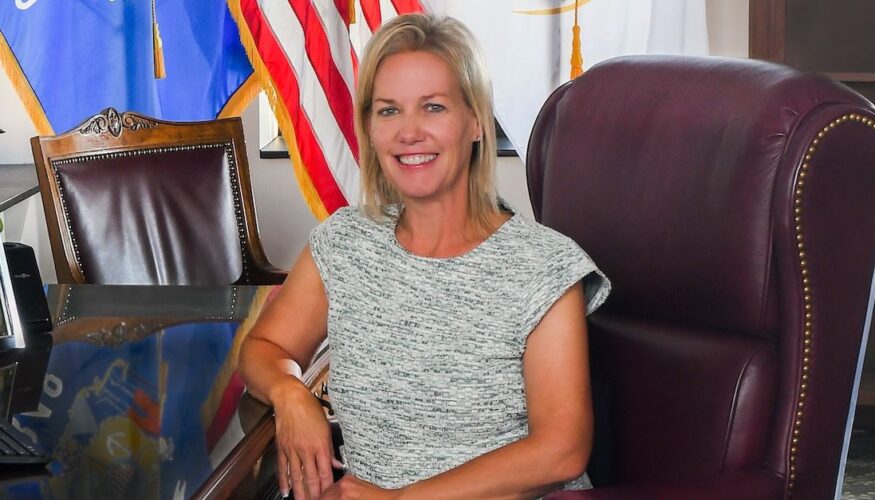A 2020 Bankrate survey found that women are more likely to lose sleep over their personal finances and that GenX women are particularly likely to worry about family and personal finances due to their position in the “sandwich generation,” often serving as both a caregiver for children and parents.
At present, market stress due to the conflict in Ukraine, lingering effects of the pandemic and rising inflation levels burden women with a variety of financial worries. Some are wondering if they need to adjust their retirement timeline, while others are worried about the effects of inflation on their weekly spending.
Now for a bright spot: financial planning can directly reduce anxiety. We both know this from direct experience. We regularly hear from clients, especially women, that the planning process makes them feel better about daily life now, not just the future. So this is first in a series of four articles we’ve written to explore some of the specific planning needs for women.
Whether it is as simple as a household budget or a complex long-term financial plan, the reality is that a plan makes people feel more confident, secure, and in control of the their money, reports the CFP Board. Budgeting is just the start. Creating a plan for your long-term goals goes a long way in reducing financial anxiety as you prepare for retirement, pay off debt or develop a personalized estate plan.
The process begins with coming face to face with your current situation, then making a roadmap for your future. The good news is that you don’t have to go it alone. Surrounding yourself with the right team of financial professionals provides built-in accountability, expertise and support.
Women Hesitate to Seek Support from Financial Professionals
It isn’t all that surprising, considering the way women have been socially conditioned to view money. From a young age, many of us are taught that talking about money is impolite. It’s still a taboo subject of conversation. One 2015 Fidelity study revealed that many women avoid talking about it altogether — even with people close to them — because they find it too personal and downright uncomfortable. In addition, a 2021 study from George Washington University found that up to one third of the financial literacy gender gap can be explained by lower confidence levels in women. But the most detrimental part of this lack of confidence is that less than half feel comfortable opening up to a financial professional.
Having a trusted financial professional in your corner will make you feel more empowered about your money. In our experience, we’ve found again and again that shame plays a very big role in all of this. Many female clients we’ve worked with over the years have come to the table with a sense of embarrassment over past financial mistakes. This only holds them back from making forward progress in the now. We like to remind them that we’re all human, and we all have financial skeletons in our closet.
And we should know! We’ve each been through some challenging periods ourselves — and were able to come out the other side wiser and less anxious and most importantly, in control of our financial future.
Just remember that your team is only as good as the information you’re willing to share. It’s kind of like going to the doctor — the only way to get an accurate diagnosis is to share all your symptoms. We both pride ourselves on our ability to provide a safe space where clients can feel comfortable opening up and asking the tough questions. From there, we create a road map together.
If you already have a team you trust, now is the time to reconnect, take a closer look at your plan, and make adjustments as needed.
When all is said and done, an effective financial plan not only helps you create the life you want. It also reduces stress because it prepares you for the worst while you hope for the best. In this way, there is some power in negative thinking because it prepares you to withstand the worst-case scenario.
It’s a lot to unpack, but we both believe planning can make it a little easier. We’re here to help all of our clients take control of anxiety and feel financially empowered. In our next article in the series, we’ll address how to plan ahead to have enough money in retirement.












